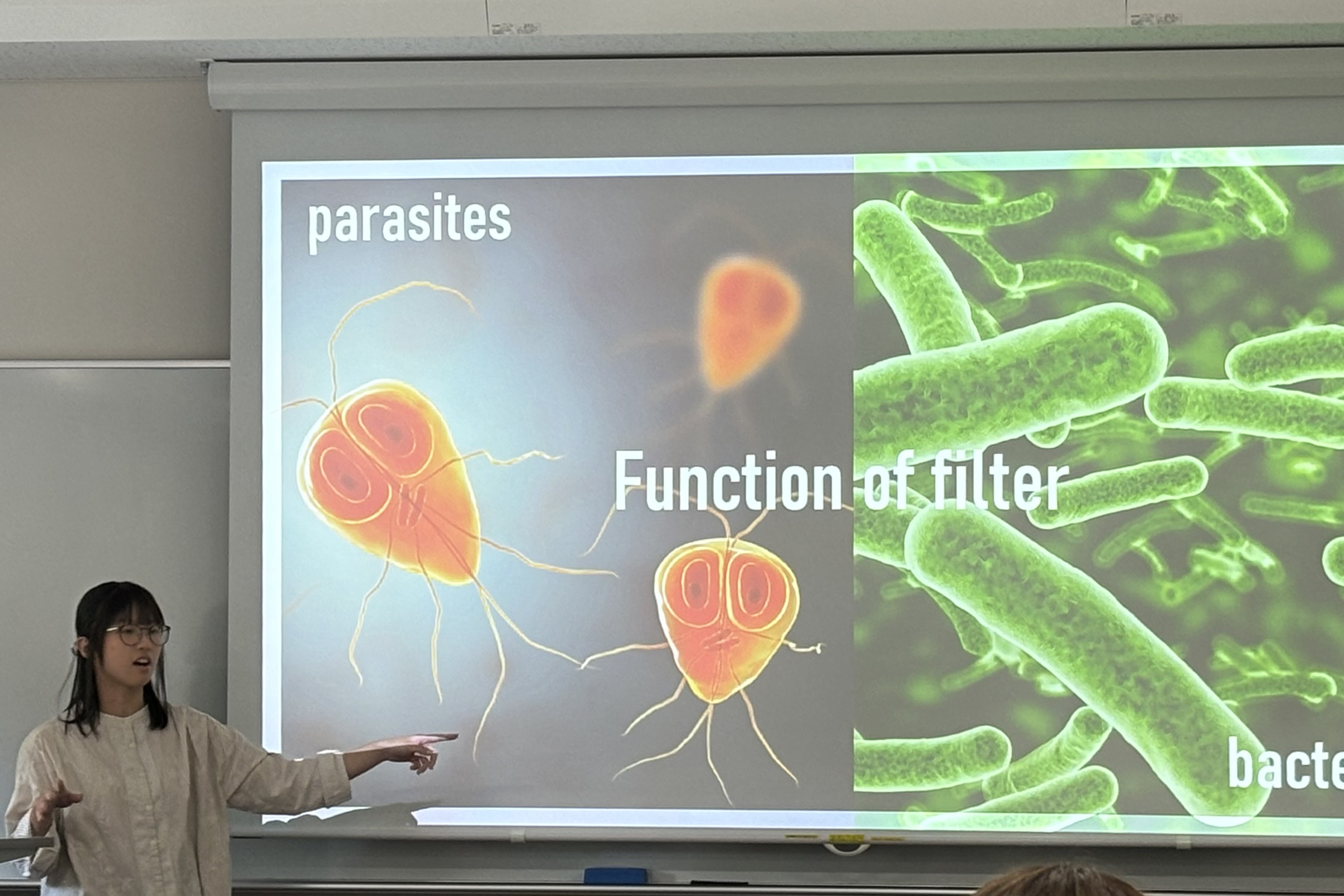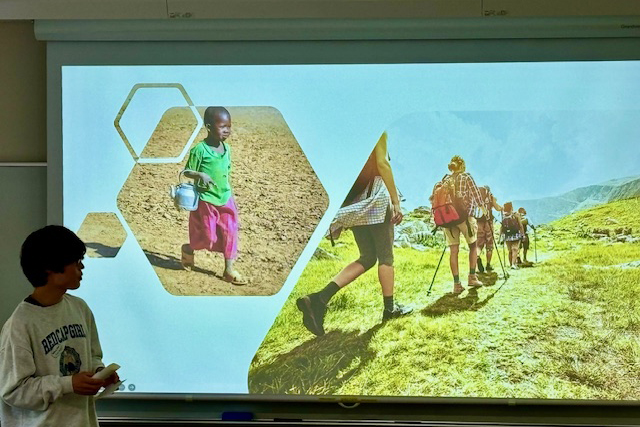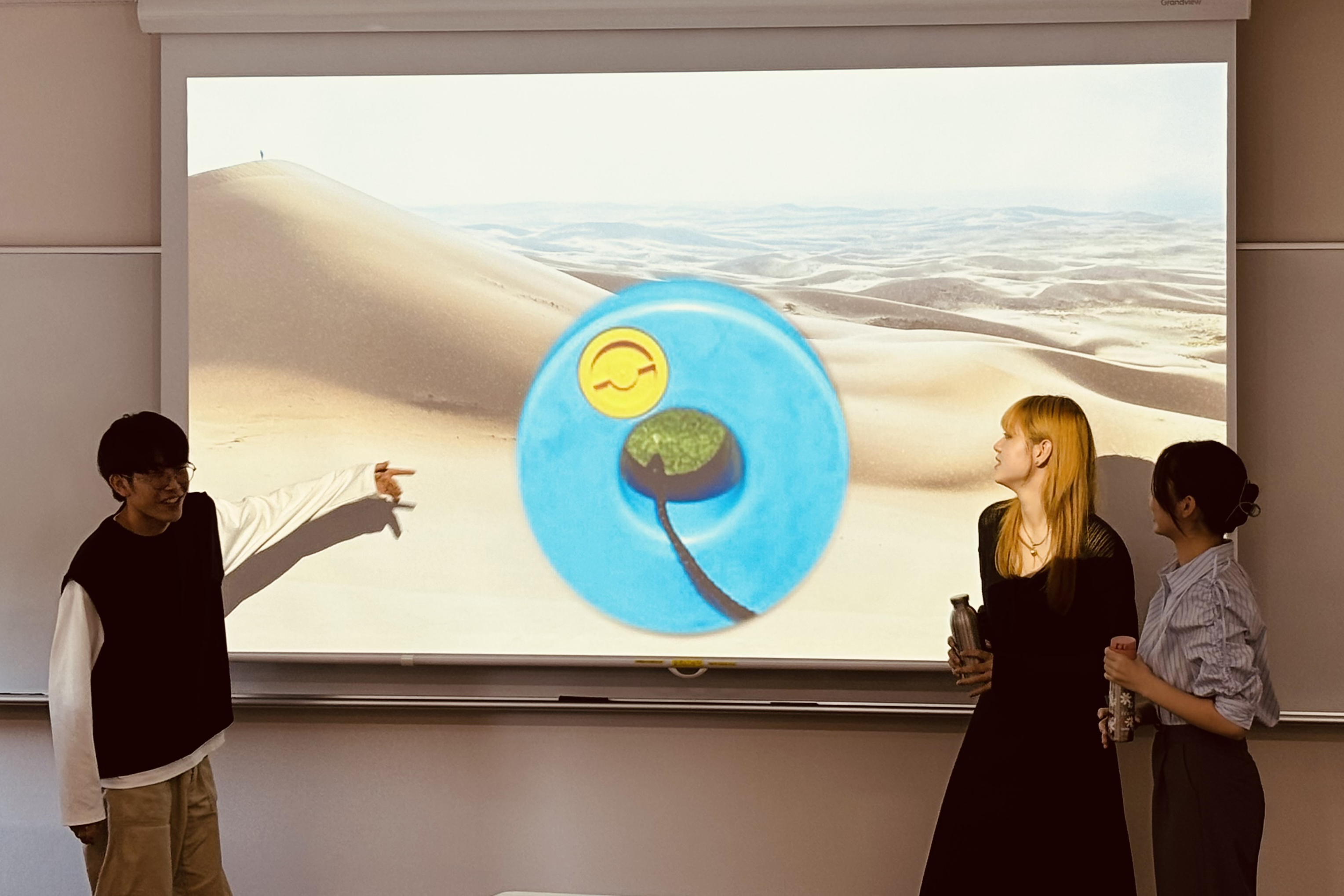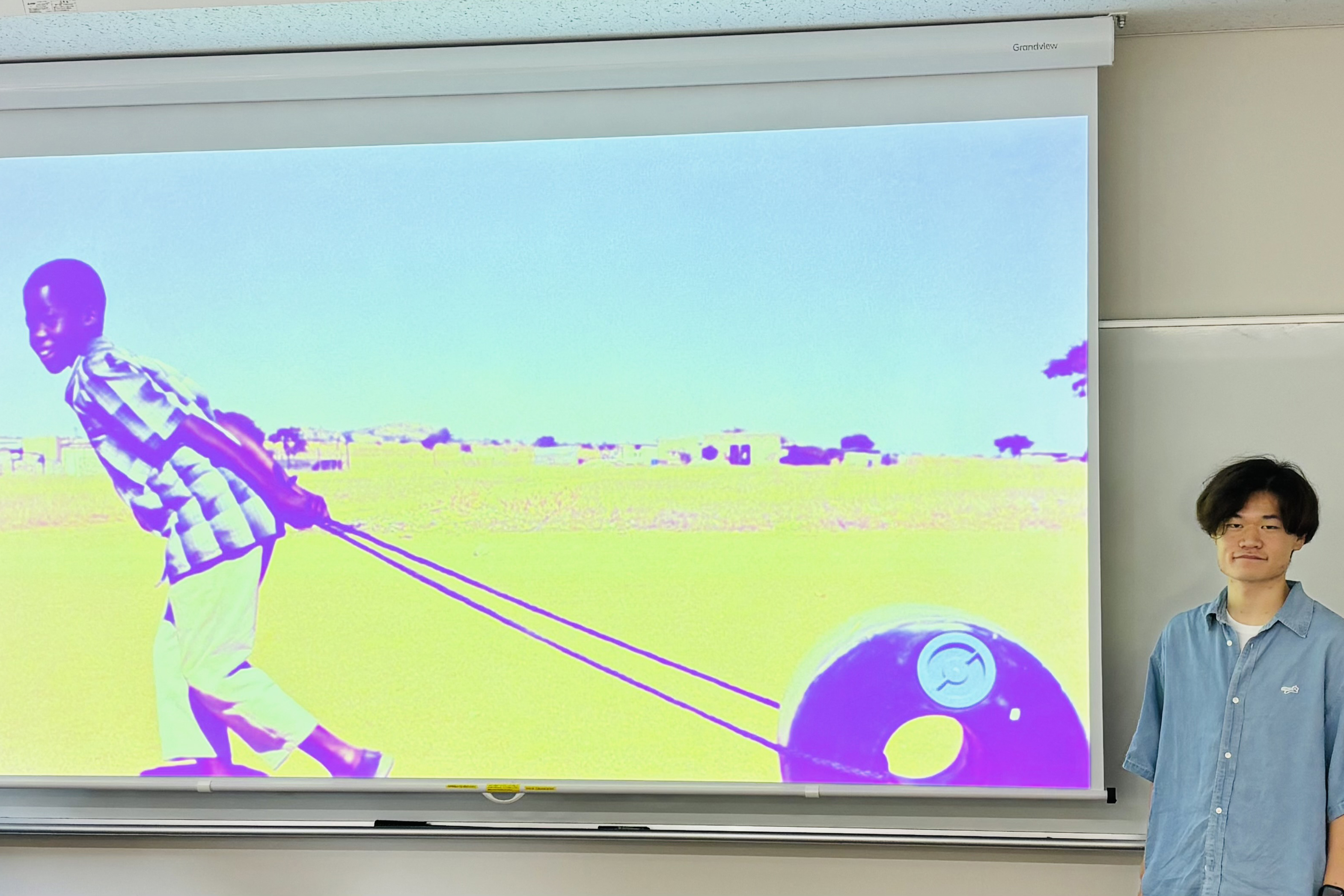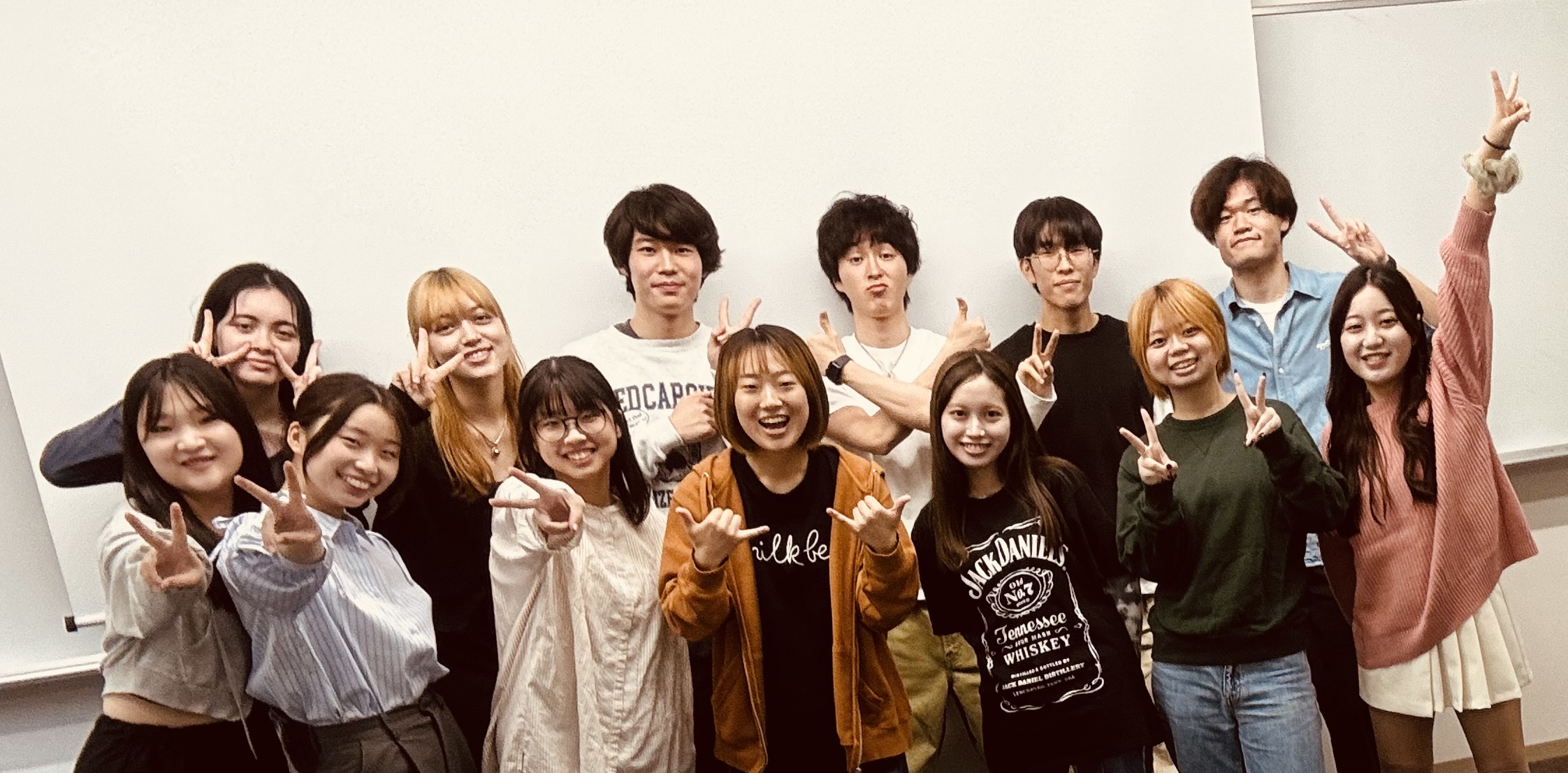リベラルアーツ&サイエンス教育ブログ

2024.11.11
- 外国語
Global Data Science Meets EAP: Tackling Freshwater Challenges at Musashi University
ブログ投稿者:リベラルアーツ&サイエンス教育センター(LASEC)専任講師 Thomas L. Gullikson
At Musashi University, first-year students in my Global Data Science class are exploring one of the most critical global issues: access to freshwater. From conservation to distribution and protection, students are researching how water impacts public health, education, and economic development across different regions. The course also incorporates academic English (EAP) skills, ensuring that students not only understand the material but can effectively communicate their ideas in English - a key part of their development as future global leaders. In the first half of the Spring semester, students have class four days a week, and in the Fall term, we meet twice weekly. The classes are conducted entirely in English. Needless to say, students’ EAP and conversation skills improve at a brisk pace!
In recent weeks, students have studied global water challenges, such as climate change, pollution, and overuse of natural resources. To deepen their understanding, they have researched innovative solutions used worldwide to improve access to clean water. This work involves not just analyzing real-world data but also building essential academic skills, such as critical thinking, academic writing, and presentation delivery- all in English!
A highlight of the class has been group presentations centered on three innovative technologies: the Kickstart Pump, the Lifestraw, and the Q Drum. Through these projects, students practiced synthesizing complex information, organizing their thoughts, and presenting their findings clearly in English.
1. Kickstart Pump
Students examined how this low-cost irrigation tool is transforming small-scale farming in Africa. They discussed how farmers use the pump to grow more crops, secure food supplies, and increase income. As part of their presentations, students were encouraged to analyze both the technology’s strengths and limitations, refining their skills in critical thinking and argumentation.
2. Lifestraw
Another two groups explored the Lifestraw, a portable water filter that instantly makes contaminated water safe to drink. In their presentation, students focused on how the product has been used in emergency relief and health initiatives around the world. Delivering their findings in English gave them practice explaining technical concepts and using data to support their points.
3. Q Drum
The final two groups presented on the Q Drum, a rolling water container designed to make water transport easier in areas where access is limited. Through their research, students learned to summarize the product’s design impact and broader social benefits. Their presentation focused not just on the technology but also on how design thinking can address logistical challenges, helping them strengthen their academic vocabulary and persuasive speaking skills.
Throughout these projects, students have been developing key English academic skills, including researching in English, summarizing key points, writing paragraphs, and engaging in collaborative discussions and debates ? all in English! Each presentation provided them with opportunities to build confidence in public speaking, improve pronunciation, and use visual aids effectively to enhance communication.
As the course progresses, students will continue analyzing global issues, learning to identify patterns, and draw insights from various sources. These activities require them to engage with both the technical side of data science and the linguistic demands of presenting findings in English. By integrating data science with ESL/EAP learning, the course emphasizes that strong communication skills are essential for creating solutions to real-world problems.
At Musashi University, our students are not only becoming competent data scientists?they are also developing into confident English communicators, capable of addressing critical global issues with clarity and insight. Their work on freshwater challenges reflects the power of combining critical thinking with effective communication, equipping them to become thoughtful, skilled professionals in an interconnected world.

